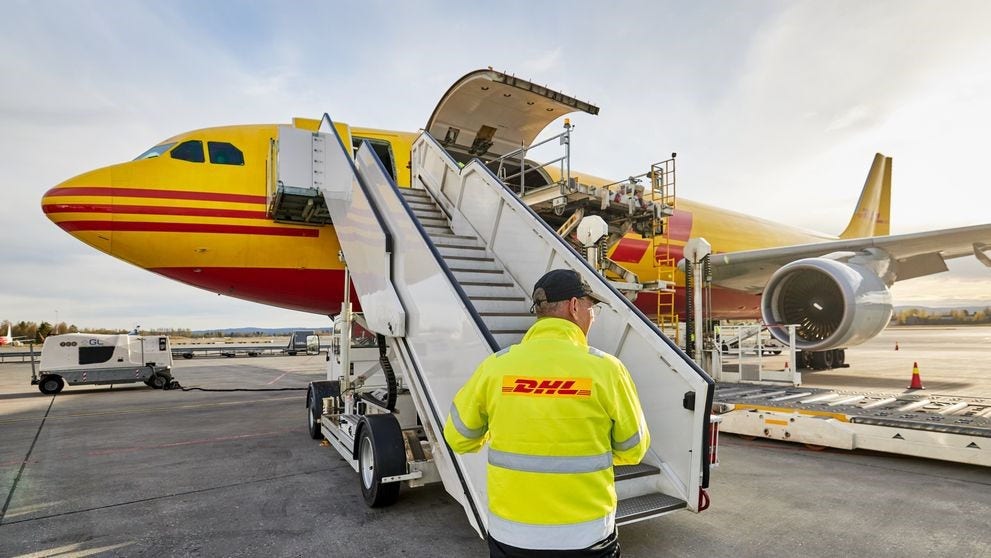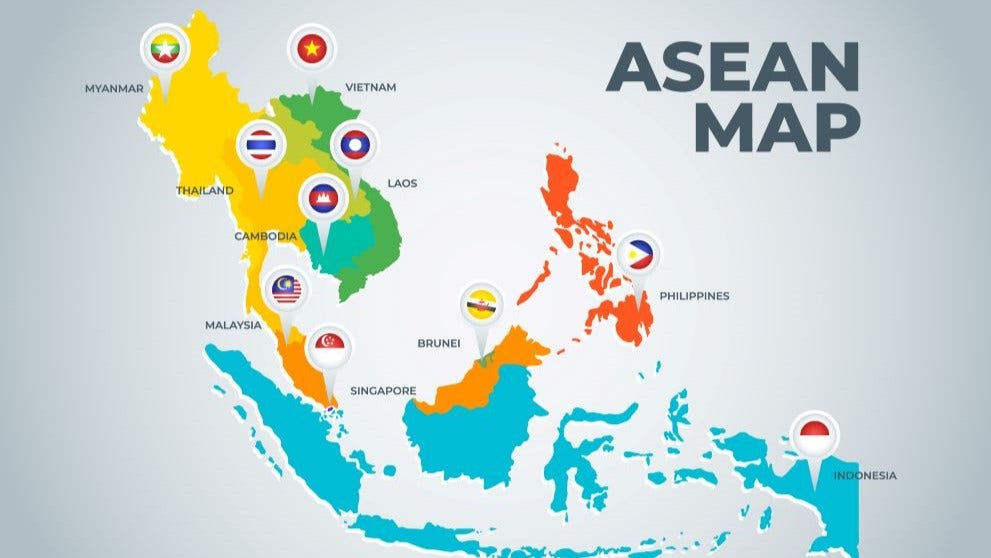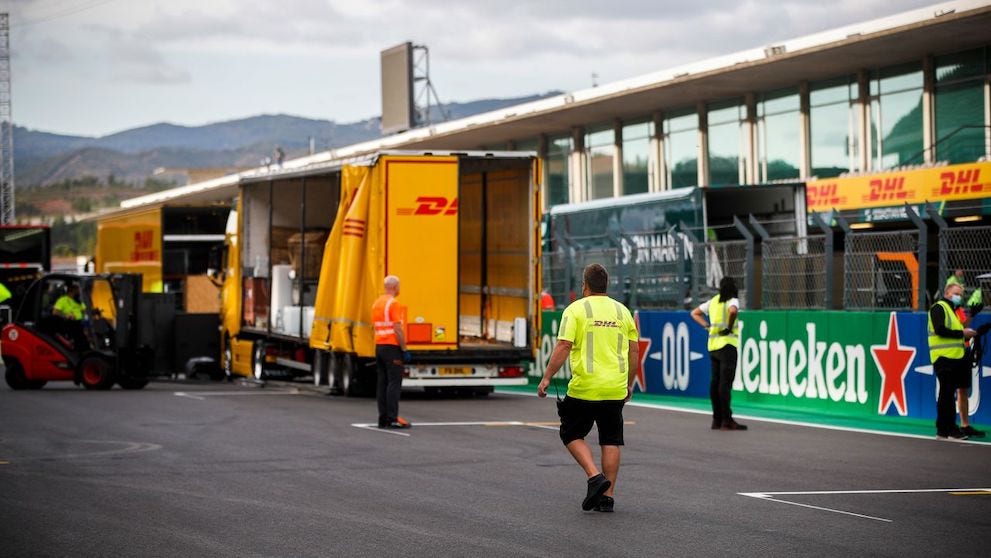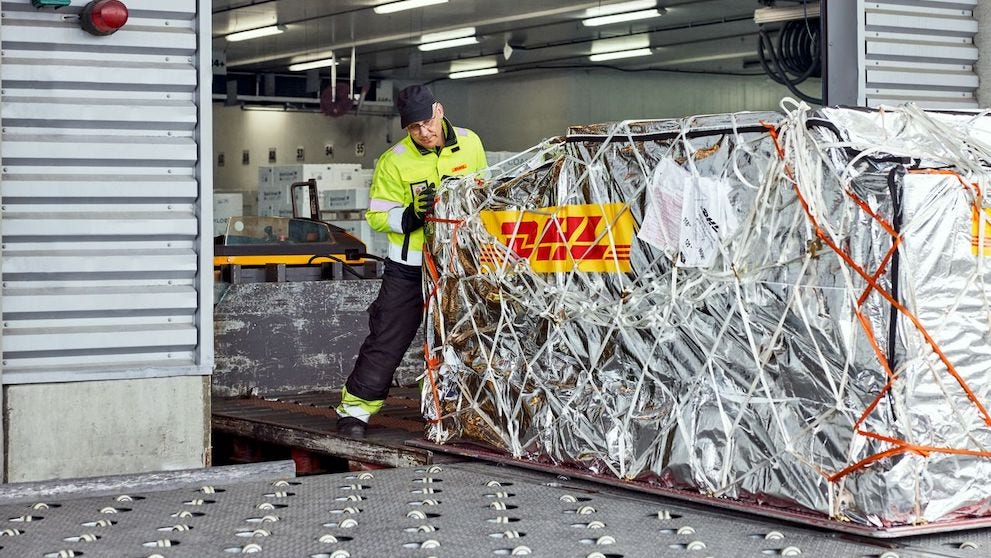
International expansion offers Australian businesses a wealth of opportunities for growth and diversification, unlocking the potential for increased market share, revenue diversification and enhanced brand recognition.
In November 2022, HSBC Australia reported that 58% of Australian mid-size companies were looking towards expanding their operations overseas into at least one new international market in the post-pandemic landscape1. This proactive approach reflects a growing understanding among Australian businesses that to remain competitive and facilitate expansion, they need to establish a solid global presence.
However, navigating the complexities of overseas expansion can be challenging and requires careful planning, execution and a deep understanding of international business dynamics. This is also where a reliable logistics partner with international expertise becomes invaluable, helping businesses streamline their operations and capitalize on new global expansion opportunities.
To successfully navigate these complexities, Australian businesses need to understand the intricacies of international business expansion. This includes target market identification, awareness of international market trends and developing robust strategies to enter the global market. By addressing these key aspects, businesses can position themselves for success on the global stage.
Key steps for international business expansion
Successfully expanding your Australian business into the global marketplace involves a series of strategic steps. This section outlines the key stages of international expansion, from conducting thorough market research to establishing a robust local presence in your target market. By following these steps, you can navigate the complexities of overseas expansion and increase your chances of success.
Step 1: Conduct thorough international market research
Before venturing into new markets, it's crucial to conduct thorough international market research to identify viable opportunities and understand the market dynamics. This includes:
- Identifying target markets: Consider factors like demand for your product or service, economic stability, cultural compatibility and the regulatory environment when identifying potential target markets. This will help you narrow down your options and focus on the most promising ones.
- Analyzing the competitive landscape: To understand the existing market dynamics and identify potential opportunities, analyze the competitor landscape, pricing strategies and consumer preferences in the target market. This analysis will help tailor your market entry strategy and differentiate your offerings.
- Utilizing available resources: Gather market intelligence and gain insights into international market trends by utilizing resources like Austrade and other government agencies. This research will help you develop a targeted market expansion strategy and stay ahead of the curve.
Step 2: Develop a localized market entry strategy
Once you've identified your target market, developing a localized market entry strategy becomes essential. This strategy should resonate with the local audience and address the specific challenges of that market. Some things to consider are:
- Adapting your offerings: Adapt your products, marketing materials and communication strategies to the specific target market, considering cultural nuances and local preferences. This localization will help you connect with your target audience and build brand loyalty.
- Partnering with local experts: Consider partnering with local distributors or agents to gain valuable market insights and effectively navigate regulatory requirements. This can be particularly helpful for businesses new to the market and who are unfamiliar with the local business landscape.
- Optimizing your online presence: Explore e-commerce options and ensure your online presence is optimized for the target market. This includes considerations like language, currency and payment gateway options, making it easier for customers in the target market to find and purchase your products or services.
Step 3: Establish a robust supply chain
While there are many benefits of expanding a business internationally, establishing a robust supply chain is essential for capitalizing on those opportunities and ensuring success in new markets. It ensures the efficient and cost-effective delivery of your products or services to your new international customers. Some methods include:
- Evaluating your capabilities: Begin by thoroughly evaluating your current supply chain capabilities. Identify any gaps or limitations that might hinder your ability to serve international customers effectively. This assessment will highlight areas for improvement and optimization.
- Developing a logistics strategy: Formulate a comprehensive logistics strategy that ensures efficient and cost-effective movement of goods to your international customers. Consider factors such as transportation modes, warehousing solutions and customs clearance procedures.
- Optimizing with a logistics partner: Partnering with a reliable logistics provider can be a strategic move. They can help optimize your global supply chain management and navigate the complexities of international shipping — including handling customs declarations when importing and exporting from Australia.
Step 4: Manage financial and legal considerations
Expanding your business internationally introduces a new layer of financial and legal complexities. To ensure compliance and to avoid costly mistakes, careful management of these aspects is crucial. Consider the following:
- Understand financial implications: Familiarize yourself with the financial implications of international expansion. This includes understanding currency exchange rates, international tax regulations and various payment methods. Seeking professional advice from financial experts or legal counsel can help you navigate these complexities effectively and optimize your financial strategy.
- Ensure legal compliance: Compliance with all relevant legal and regulatory requirements is non-negotiable, both in Australia and your target market. This includes adhering to import and export regulations, product safety standards and labeling requirements. Failing to comply can lead to penalties, delays and damage to your business reputation.
- Seek professional advice: Consider seeking professional advice on tax and legal matters specific to your industry and target market. This proactive approach can help you avoid costly mistakes and ensure smooth operations as you establish your presence in the new market.
Step 5: Build a strong local presence
For long-term success and sustainable growth in your target market, establishing a strong local presence is essential. This includes:
- Establishing a local team: To gain a deeper understanding of customer needs and build relationships with key stakeholders, establish a local team or presence in the target market. This will enable you to adapt your offerings and marketing strategies to the local market more effectively.
- Investing in marketing and branding: Increase your visibility and build brand recognition in the new market by investing in targeted marketing and branding efforts. Tailor your campaigns to resonate with the local audience and effectively communicate your brand message.
- Prioritizing customer service: Providing excellent customer service and support is crucial for fostering customer loyalty and building a positive reputation in the international market. Responsive and helpful support can significantly enhance customer satisfaction and encourage repeat business.
Why a logistics partner with international expertise is business critical

International shipping from Australia involves numerous logistical complexities, such as navigating customs regulations, meeting documentation requirements and managing varying transit times. When expanding your business internationally, partnering with a logistics provider with international expertise is crucial for success.
A reliable logistics partner like DHL Express can help you navigate these challenges effectively with their in-depth knowledge, experience and extensive global network. This expertise allows DHL Express to facilitate seamless overseas shipping, resulting in streamlined logistics processes and reduced operational costs.
Additionally, outsourcing logistics to a trusted partner like DHL Express allows you to focus on your core competencies and growth strategies rather than getting bogged down in logistical complexities.
Ready to expand your Australian business globally? Create a business account with DHL Express, or visit the DHL website to learn more about leveraging their expertise for seamless international shipping today!
















































